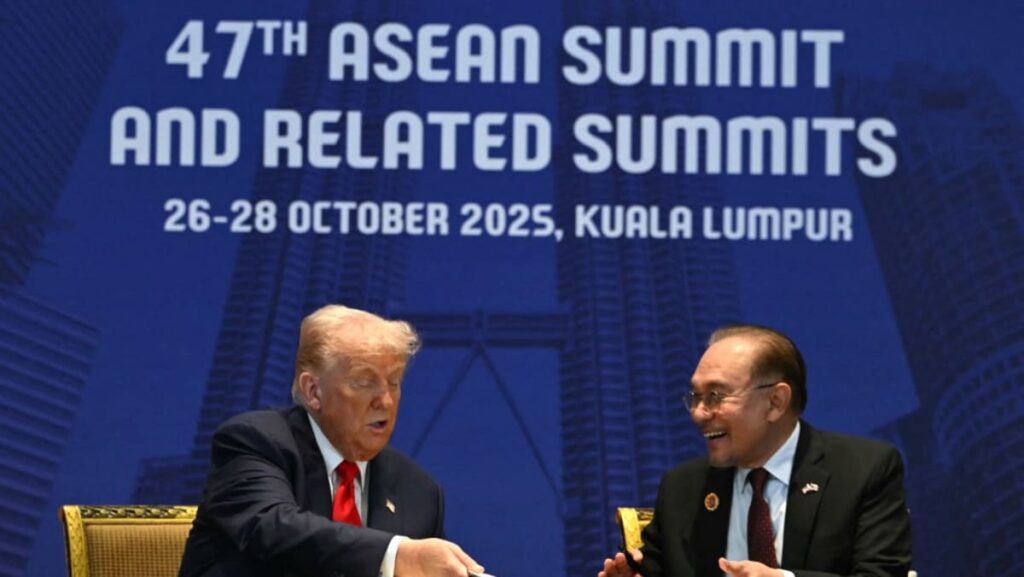AN ASEAN SET OF PROBLEMS TOO
However, the ASEAN Way also comes with its problems that only simmer beneath the surface at a mega conference like this. The informal, personality-driven approach works well when personalities are strong and aligned, but it does not build on the collective regional strength of the institution.
Even though Malaysia was able to clinch a trade deal with the US, many others are still negotiating, and the outcomes may vary widely. The ASEAN-US meeting may have helped soften the region’s image in Mr Trump’s eyes, but deals are negotiated on a bilateral basis even though the tariffs affected every country comprehensively. Institutional strengths were not used to build bargaining power.
The preference for symbolic peace also hides many fundamental unresolved issues. While the Thailand-Cambodia peace accord has concrete provisions to de-escalate immediate tensions, it is questionable if the region has much influence in resolving a century-old border dispute. It is not even clear whether ASEAN desires to do so and to build capabilities to this end.
Lastly, deference without subjugation works on good days, but ASEAN’s role of balancing the two great powers will be increasingly challenging.
The US wants its signing parties to take its side. It made this explicit in the trade deal signed with Malaysia: It wants partners to take similar actions if it imposes trade measures (tariffs, quotes, prohibitions), crack down on transshipments and “origin washing”, and avoid actions that harm the US (seen in Articles 4, 5.1, 5.2, 5.3).
While Malaysian Investment, Trade and Industry Minister Tengku Zafrul Abdul Aziz has defended the deal amid criticism that it compromised economic sovereignty, the space to hedge against both US and China will continue to shrink. This is not the same as simply increasing trade or signing free-trade deals with both countries. This is a legal document that contains potentially-constraining trade restrictions.
The true test, of course, lies when there are alleged violations.
When that happens, Malaysia, and ASEAN, would need to use everything in its ASEAN Way toolkit to manage the fallout and stay in the middle.
James Chai is a political analyst, columnist and the author of Sang Kancil (Penguin Random House).
https://www.channelnewsasia.com/commentary/asean-summit-malaysia-anwar-personality-driven-approach-donald-trump-5432551


